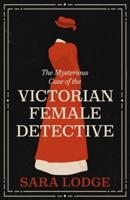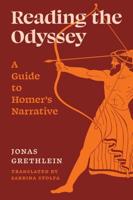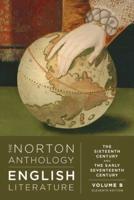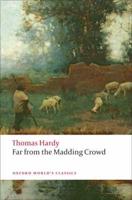Publisher's Synopsis
Despite their self-presentation as iconoclasts, the writers of the Beat Generation were deeply engaged with the classical tradition. Many of them were university-trained and highly conscious of their literary forebears, and they frequently incorporated their knowledge of Greco-Roman literature into their own subversive, experimental practice. Seeking to transcend the superficiality, commercialism, and precariousness of life in post-World War II America, the Beat writers found in their classical models both a venerable literary heritage and a discourse of sublimity through which to articulate their desire for purity.
In this volume, a diverse group of contributors explore for the first time the fascinating tensions and paradoxes that arose from interactions between these avant-garde writers and a literary tradition often seen as conservative and culturally hegemonic. With essays that cover the canonical Beat authors-such as Allen Ginsberg, Jack Kerouac, and William Burroughs-along with less well-known figures-including Kenneth Rexroth, Ed Sanders, and Diane di Prima-Hip Sublime: Beat Writers and the Classical Tradition brings long overdue attention to the Beat movement's formative appropriation of the Greek and Latin classics.
In this volume, a diverse group of contributors explore for the first time the fascinating tensions and paradoxes that arose from interactions between these avant-garde writers and a literary tradition often seen as conservative and culturally hegemonic. With essays that cover the canonical Beat authors-such as Allen Ginsberg, Jack Kerouac, and William Burroughs-along with less well-known figures-including Kenneth Rexroth, Ed Sanders, and Diane di Prima-Hip Sublime: Beat Writers and the Classical Tradition brings long overdue attention to the Beat movement's formative appropriation of the Greek and Latin classics.









